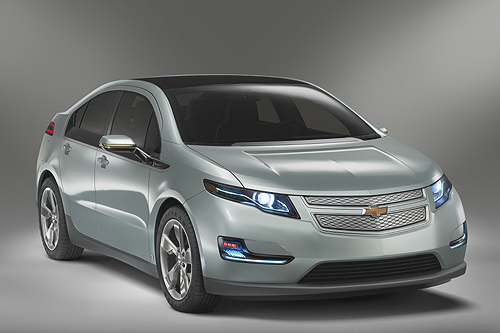
Photo credit arekiiu
Here is today’s Friday Green numbers round-up:
-
TVA purchasing up to 815MW wind power from Kansas and Illinois
TVA has inked four deals to purchase wind power generated in Illinois and Kansas.
The federal utility said today that the contracts will allow it to purchase up to 815 megawatts of renewable wind energy, and will move it closer to a goal of having more than half its power generation come from non-carbon emitting sources”
-
U.S. Imported 4.35 Billion Barrels of Oil in 2009, Spending Over Half a Million Dollars per Minute
Having provided 12 consecutive monthly updates on the level of foreign oil imports in the U.S. last year, energy expert T. Boone Pickens said that based on the latest figures from the U.S. Department of Energy’s Energy Information Administration (EIA), the U.S. imported 63% of its oil, or 4.35 billion barrels in 2009, sending nearly $265 billion, or $502,473 per minute, to foreign governments. “
-
Eli Kintisch at Science Magazine just published, ?2009 Hottest Year on Record in Southern Hemisphere.? He quoted NASA mathematician Reto Ruedy of the Goddard Institute for Space Studies on the as-yet-not-released December and yearly data.
We?ve all been waiting for NASA?s final report on the year ? to see whether 2009 will be the second hottest year on record and whether NASA would make an official prediction that 2010 is likely to be the hottest on record, as the UK?s Met Office has and as Hansen himself did
-
Scottish ministers approve three onshore wind projects
“Three wind farm schemes with a combined capacity of almost 260MW have been approved by the Scottish Government this week.
A new ?80 million wind farm consisting of 21 turbines with a capacity of 52.5MW is to be built near Thurso, while fourteen new turbines have also been approved for the existing Rothes wind farm, at Cairn Uish near Elgin, bringing its total capacity up to 95MW.
And, Scottish energy minister Jim Mather today (January 14) announced that a 33 turbine, 118MW wind farm at Muaitheabhal, dubbed the “first large scale wind farm in the Western Isles”, has also been given the go ahead.”
-
16% of NYC new car sales to be EVs by 2015
Management consulting firm McKinsey & Co. came out with new research today that suggests electric vehicles, including battery-electric and plug-in hybrid electric cars, could make up as much as 16 percent of new car sales in New York City come 2015, or as many as 70,000 cars.
-
A Single ?32 LED bulb, over its lifetime, has energy savings of over ?280
The iconic, compact fluorescent lightbulb is dead: meet its next generation replacements that are brighter, more efficient, longer-lasting, and mercury-free
Posted from Diigo. The rest of my favorite links are here.




